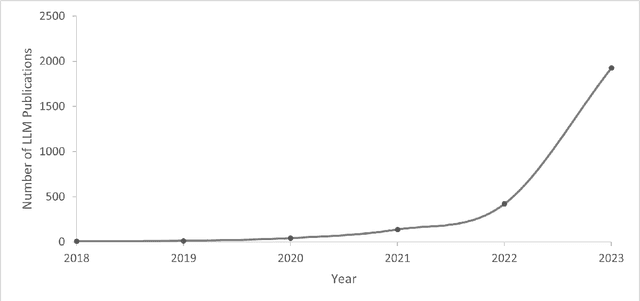Nathan Fox
Optimizing Image Capture for Computer Vision-Powered Taxonomic Identification and Trait Recognition of Biodiversity Specimens
May 22, 2025Abstract:Biological collections house millions of specimens documenting Earth's biodiversity, with digital images increasingly available through open-access platforms. Most imaging protocols were developed for human visual interpretation without considering computational analysis requirements. This paper aims to bridge the gap between current imaging practices and the potential for automated analysis by presenting key considerations for creating biological specimen images optimized for computer vision applications. We provide conceptual computer vision topics for context, addressing fundamental concerns including model generalization, data leakage, and comprehensive metadata documentation, and outline practical guidance on specimen imagine, and data storage. These recommendations were synthesized through interdisciplinary collaboration between taxonomists, collection managers, ecologists, and computer scientists. Through this synthesis, we have identified ten interconnected considerations that form a framework for successfully integrating biological specimen images into computer vision pipelines. The key elements include: (1) comprehensive metadata documentation, (2) standardized specimen positioning, (3) consistent size and color calibration, (4) protocols for handling multiple specimens in one image, (5) uniform background selection, (6) controlled lighting, (7) appropriate resolution and magnification, (8) optimal file formats, (9) robust data archiving strategies, and (10) accessible data sharing practices. By implementing these recommendations, collection managers, taxonomists, and biodiversity informaticians can generate images that support automated trait extraction, species identification, and novel ecological and evolutionary analyses at unprecedented scales. Successful implementation lies in thorough documentation of methodological choices.
An Interdisciplinary Outlook on Large Language Models for Scientific Research
Nov 03, 2023
Abstract:In this paper, we describe the capabilities and constraints of Large Language Models (LLMs) within disparate academic disciplines, aiming to delineate their strengths and limitations with precision. We examine how LLMs augment scientific inquiry, offering concrete examples such as accelerating literature review by summarizing vast numbers of publications, enhancing code development through automated syntax correction, and refining the scientific writing process. Simultaneously, we articulate the challenges LLMs face, including their reliance on extensive and sometimes biased datasets, and the potential ethical dilemmas stemming from their use. Our critical discussion extends to the varying impacts of LLMs across fields, from the natural sciences, where they help model complex biological sequences, to the social sciences, where they can parse large-scale qualitative data. We conclude by offering a nuanced perspective on how LLMs can be both a boon and a boundary to scientific progress.
 Add to Chrome
Add to Chrome Add to Firefox
Add to Firefox Add to Edge
Add to Edge